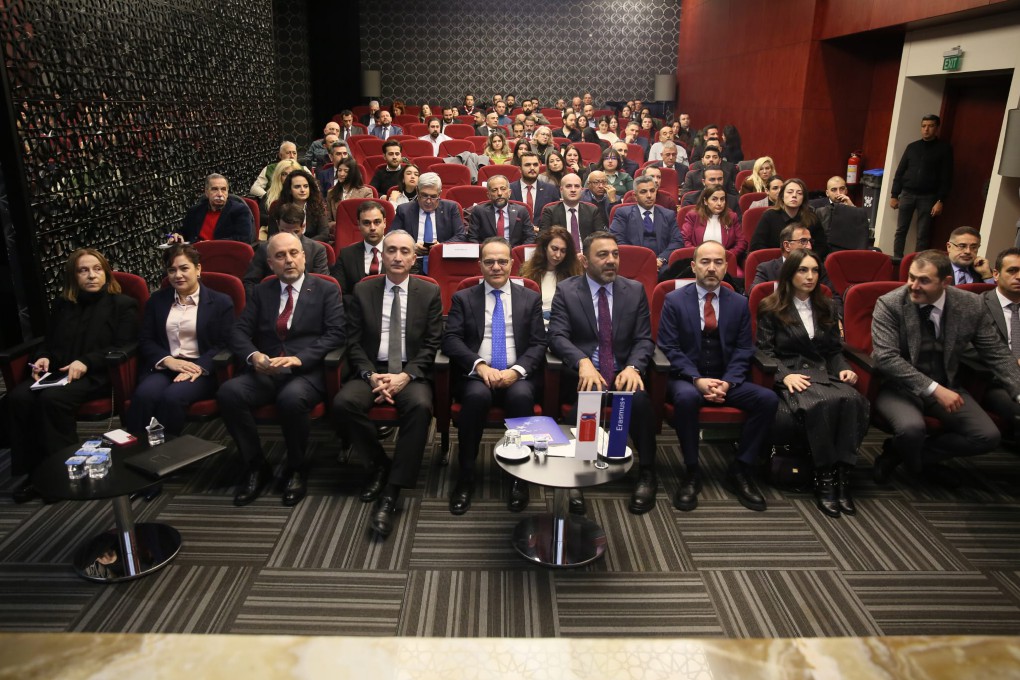- HOMEWelcome
- DIRECTORATE FOR EU AFFAIRSStructure
- E.U.Structure
- TÜRKİYE-EU RELATIONS
- History of Türkiye- EU Relations
- Main Documents
- Agreements
- Protocols
- Accession Partnership Documents
- National Programmes for the Adoption of the Acquis (NPAA)
- Türkiye Reports Prepared by the European Commission
- Enlargement Strategy Papers
- Türkiye’s National Action Plan for the EU Accession
- Türkiye’s National Action Plan for the EU Accession (2021-2023)
- Association Council Decisions
- Documents on Türkiye-EU Summits
- Institutional Structure
- Customs Union
- Türkiye- EU High Level Dialogue Meetings
- DATASources
- MEDIANews
- CONTACTContact Us
Commission adopts measures to restrict intentionally added microplastics
Today, the Commission takes another major step to protect the environment by adopting measures that restrict microplastics intentionally added to products under the EU chemical legislation REACH. The new rules will prevent the release to the environment of about half a million tonnes of microplastics. They will prohibit the sale of microplastics as such, and of products to which microplastics have been added on purpose and that release those microplastics when used. When duly justified, derogations and transition periods for the affected parties to adjust to the new rules apply.
The adopted restriction uses a broad definition of microplastics – it covers all synthetic polymer particles below five millimetres that are organic, insoluble and resist degradation. The purpose is to reduce emissions of intentional microplastics from as many products as possible. Some examples of common products in the scope of the restriction are:
- The granular infill material used on artificial sport surfaces – the largest source of intentional microplastics in the environment;
- Cosmetics, where microplastics is used for multiple purposes, such as exfoliation (microbeads) or obtaining a specific texture, fragrance or colour;
- Detergents, fabric softeners, glitter, fertilisers, plant protection products, toys, medicines and medical devices, just to name a few.
Products used at industrial sites or not releasing microplastics during use are derogated from the sale ban, but their manufacturers will have to provide instructions on how to use and dispose of the product to prevent microplastics emissions.
For more information:
Commission Press Corner
https://ec.europa.eu/commission/presscorner/detail/en/ip_23_4581





